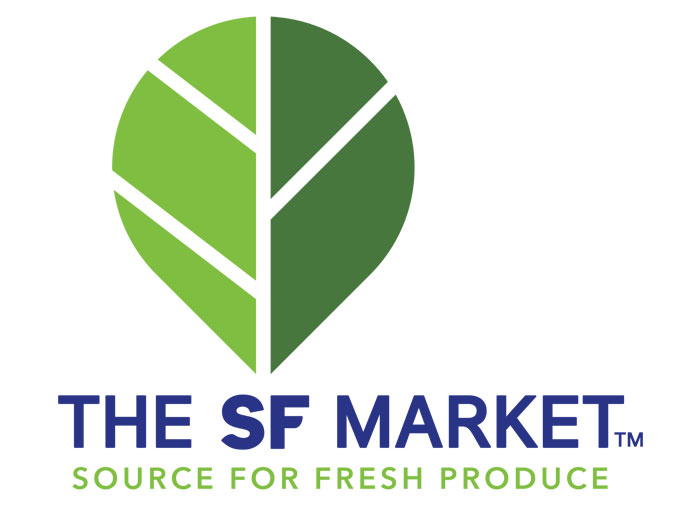San Francisco’s Kitchen Zero Announces 3.2M Pounds of Edible Food Recovered for Food Insecure Residents
June 14, 2022 | 4 min to read

San Francisco, CA – San Francisco Supervisor Walton announced a major expansion in San Francisco’s edible food recovery initiatives with his “Edible Food Recovery and Organic Waste Collection Ordinance.” The proposed legislation will implement and enforce local compliance of California State Senate Bill 1383 and significantly increase edible food recovery and redistribution. Supervisor Walton’s proposed ordinance is before the Board of Supervisors today for consideration.
Supervisor Walton’s legislation follows the SF Department of the Environment’s Kitchen Zero SF program, which recovered over 3.2 million pounds of edible food (approximately 2.7 million meals) from June 2019 – March 2022. Funded with a CalRecycle grant, Kitchen Zero SF piloted SB 1383 compliance activities through partnerships with food-generating businesses and over 50 nonprofits and food pantries. The recovered food was redistributed to residents in need and provided a critical resource during the COVID-19 pandemic.
“Food insecurity remains a significant issue in San Francisco with 1 in 4 residents at risk of hunger due to lowincome or economic insecurity. BIPOC communities, in particular Black and Latino, with a growing trend in the city’s Asian community, are most at risk,” said San Francisco District 10 Supervisor Shamann Walton. “My new legislation builds upon established, successful programs that already feed our communities most vulnerable residents by allowing the San Francisco Department of Environment to implement SB 1383 and significantly increase the amount of edible food that is recovered here in the City and redistributed to those most in need.”
Recovering edible food is an environmental and humanitarian imperative.Edible food recovery programs exist at the intersection of equity and the environment. These initiatives provide critical lifelines to struggling families and vulnerable populations. Redirecting edible food to those who need it the most also keeps food out of landfills. Food that improperly ends up in the landfill releases methane, a harmful greenhouse gas, which is more potent than carbon dioxide at trapping heat. Continuing to reduce emissions is essential to meet our City’s climate goals. San Francisco is already a leader in edible food recovery and composting, but this initiative ensures that food is repurposed for its highest and best use (human consumption).
In 2016, Governor Brown signed into law SB 1383, which took effect January 2022. Supervisor Walton’s legislation implements CalRecycle’s SB 1383 requirements locally and allows the City to conduct education and enforcement. These mandates require targeted commercial food generators to recover and donate the maximum amount of edible surplus food that would otherwise be disposed of (composted or landfilled) to feed those in need. This goal was inspired in part by San Francisco’s success supporting edible food recovery.
Two tiers of food generators are impacted by SB 1383. Beginning January 2022, 172 businesses in Tier 1 including supermarkets, grocery stores, wholesalers, food service providers, and food distributors must comply. Starting in 2024, the new law impacts Tier 2, with an additional 500 businesses such as large venues and events, educational institutions with cafeterias, hotels with 200+ rooms and food service, health facilities with 100+ beds and an on-site food facility, and restaurants with 5,000 or more square feet or 250 or more seats.
“We are proud and honored to participate in this incredible effort which ensures that San Francisco food businesses are part of the solution to both food waste and food insecurity in our community,” said Carolyn Lasar from The SF Market.
Besides generators, food recovery service providers (approximately 10 collectors and transporters of recovered food) and food recovery organizations (approximately 374 food pantries, shelters, and other food distributors) are also impacted by the state law. They are required to sign agreements with donors and to report the pounds of edible food recovered.
The Department of the Environment and Department of Public Health are tasked with ensuring that San Francisco’s implementation of SB 1383 does not result in communities receiving spoiled food, food that is not culturally relevant, or food that is not appropriately labeled (i.e. ingredients and allergens). The Department has already begun outreach to businesses and food recovery organizations to coordinate food donations and provide technical assistance.
“With food costs rising daily, partnering with food donors, has been essential to providing meals for the homeless community,” said Jason Pruett of Episcopal Community Services. “Utilizing donated food helps greatly in providing over 100,000 nutritious meals a month to ECS participants throughout San Francisco. We are truly appreciative.”
For decades, the City has been leading the way in edible food recovery. In 1995, the SF Recycling Program gave its first grant to the SF-Marin Food Bank. Since then, the Department has been involved in other operations that have helped pay for forklifts and vehicles at the SF-Marin Food Bank, appliances at Farming Hope, and positions at organizations that recover food. Additionally, the City and local partners, Safeway, and Foods Co, have signed the Pacific Coast Food Waste Commitment, which pledges to cut food waste in half by 2030.
“Programs that protect the environment while helping the most vulnerable among us fulfills a core tenet of our City’s Climate Action Plan,” said Tyrone Jue, Acting Director of the SF Department of the Environment. “Reducing emissions by providing valuable nutrition to struggling residents and families is a perfect example of the intrinsic connection between climate and positive health outcomes.”
For more information, please visit sfenvironment.org/SB-1383.
